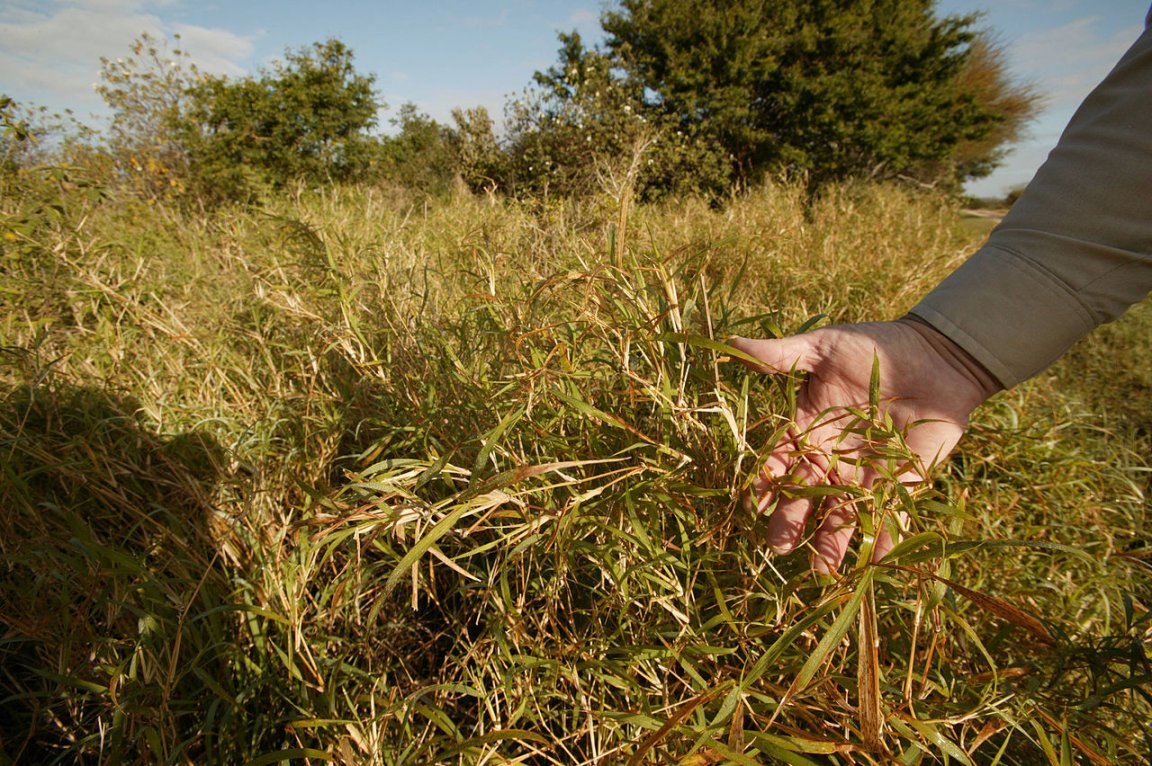
Bioensure
Using a fungal infection, researchers Rusty Rodriguez and Regina Redman from the Adaptive Symbiotic Technologies (AST) have determined how to give plants a way to naturally protect themselves from the effects of climate change.
According to researchers, endophytes (the fungi that grows inside most plants) ultimately allows the plants that it infects to survive with less water and nutrients than plants that are not infected by this fungus. The team determined that the fungi works by altering the gene expression of the plant enough to allow it to “acclimate” and protect itself from some of the more extreme ecological conditions.
As a result of these properties, the pair have developed a spray called Bioensure that is designed to be sprayed on seeds to allow the fungi to coat the emerging plant.
Climate Change Resilience
While previous lab tested endophytes have shown promising results in controlled environments, numerous field tests have failed to show the same outcome. The varying nature of each planting environment leads to inconsistent results—while the fungi might be beneficial in one environment it does not work for another plant that lives in a different local.
However, AST’s study proves to be the exception to the rule as it has already conducted successful field trials across various states. So far, it has been successfully used specifically on rice, soy, corn, and wheat.
The product may prove to be a viable alternative to genetically modified crops. As it leads up to commercialization, the team is being contacted by various corporations from the agriculture industry who are interested in implementing this across larger scales.